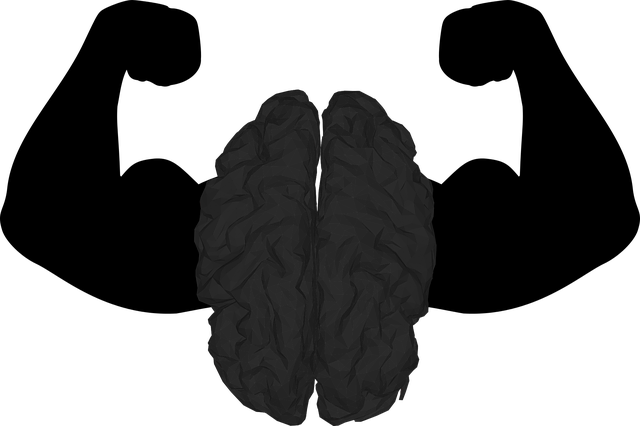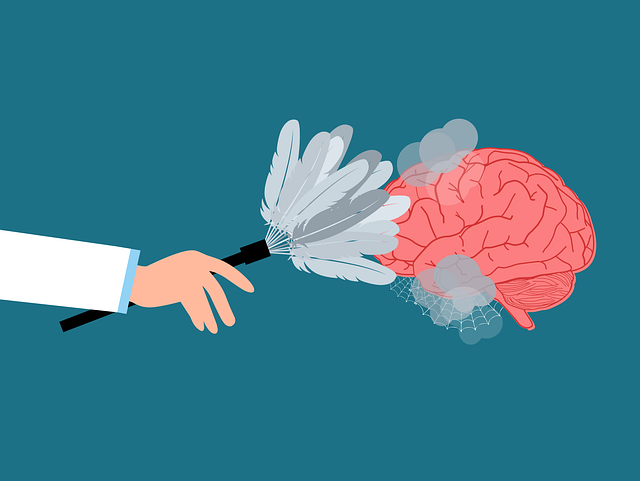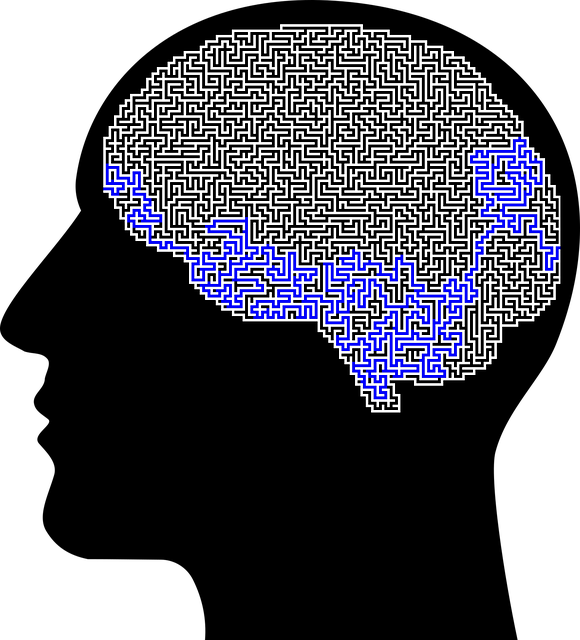Understanding Mental Health Data is essential for Colorado Springs Chronic Pain Therapy, utilizing surveys, clinical assessments, and digital apps to gather insights. Meticulous data preparation ensures dataset integrity, supporting evidence-based practices, public awareness campaigns, and stress reduction methods. Advanced statistical methods enable personalized treatment based on demographics and pain types, with patient outcome analysis guiding interventions that promote inner strength development. Interpreting data allows professionals to personalize therapeutic approaches, identifying co-morbidities and triggers for comprehensive care strategies, benefiting both individual therapy and community outreach programs. This data-driven perspective improves patient outcomes and fosters a resilient, supportive environment in Colorado Springs Chronic Pain Therapy.
Mental health data analysis is a powerful tool for understanding and improving patient care, especially in complex cases like chronic pain. This article explores the process of analyzing mental health data in Colorado Springs, focusing on insights from chronic pain cases. We discuss effective data collection and preparation methods, highlighting their role in uncovering meaningful trends. By interpreting these trends, healthcare providers can tailor therapy and treatment plans for optimal patient outcomes, revolutionizing Colorado Springs chronic pain therapy.
- Understanding Mental Health Data: Collection and Preparation
- Analyzing Chronic Pain Cases in Colorado Springs: Insights and Trends
- Interpreting Data for Effective Therapy and Treatment Planning
Understanding Mental Health Data: Collection and Preparation

Understanding Mental Health Data is a pivotal step in any analysis process, especially in the context of specialized treatments like Chronic Pain Therapy in Colorado Springs. The journey begins with data collection, where various methods are employed to gather insights into individuals’ mental well-being. This includes surveys, clinical assessments, and even digital health applications that capture user-reported symptoms and behaviors. Accurate and comprehensive data collection ensures a robust foundation for analysis, allowing researchers and therapists to gain valuable perspectives on common mental health challenges and their impact.
Preparation of these data involves meticulous cleaning and organizing processes. Outliers are identified and examined to ensure they represent genuine anomalies rather than collection or entry errors. Missing values are handled through appropriate imputation techniques, ensuring no significant gaps in the dataset. Additionally, categorizing and normalizing data ensures that it adheres to specific standards, facilitating meaningful comparisons and interpretations. This stage is crucial for maintaining data integrity and ensuring the reliability of subsequent analyses, ultimately supporting evidence-based practices in Chronic Pain Therapy and contributing to the development of effective Public Awareness Campaigns and Stress Reduction Methods.
Analyzing Chronic Pain Cases in Colorado Springs: Insights and Trends

In Colorado Springs, chronic pain cases have become a significant focus for healthcare professionals and researchers alike. By delving into detailed data analysis, experts are uncovering valuable insights and trends related to this pervasive issue. The city’s diverse population provides a rich dataset, offering opportunities to identify unique challenges and effectiveness of various treatment modalities. Through advanced statistical methods, researchers can segment the population based on demographics, socioeconomic factors, and pain types, enabling personalized approaches to chronic pain management.
Public awareness campaigns development and trauma support services play crucial roles in addressing the complex nature of chronic pain. By analyzing patient journeys and outcomes, healthcare providers can strategize interventions that foster inner strength development. These efforts are essential for creating a supportive environment where individuals affected by chronic pain can access effective therapy and rebuild their quality of life. This analytical approach not only benefits individual patients but also contributes to shaping evidence-based practices in Colorado Springs chronic pain therapy.
Interpreting Data for Effective Therapy and Treatment Planning

Interpreting data is a critical step in mental health care, enabling professionals to make informed decisions and tailor therapeutic approaches effectively. By analyzing trends and patterns within patient records, practitioners can identify specific challenges and strengths unique to each individual. This process allows for personalized treatment planning, ensuring that interventions are aligned with the most pressing needs of the patient. For instance, in Colorado Springs Chronic Pain Therapy, data analysis may reveal prevalent co-morbidities or specific triggers contributing to pain, guiding the development of comprehensive care strategies.
Mental health professionals can leverage this approach not only for individual therapy but also for group sessions and community outreach programs. Understanding the broader mental health landscape helps in identifying systemic issues and risk factors, prompting proactive measures like burnout prevention and self-care routine development. This data-driven perspective empowers healthcare providers to make strategic decisions that improve patient outcomes and foster a more resilient and supportive environment.
Mental health data analysis is a powerful tool that can significantly enhance our understanding of complex conditions like chronic pain in communities such as Colorado Springs. By interpreting trends and insights from carefully collected and prepared data, healthcare professionals can tailor therapies and treatment plans to meet the unique needs of patients. This evidence-based approach not only improves outcomes but also ensures resources are allocated efficiently, ultimately benefiting those seeking Colorado Springs chronic pain therapy.













